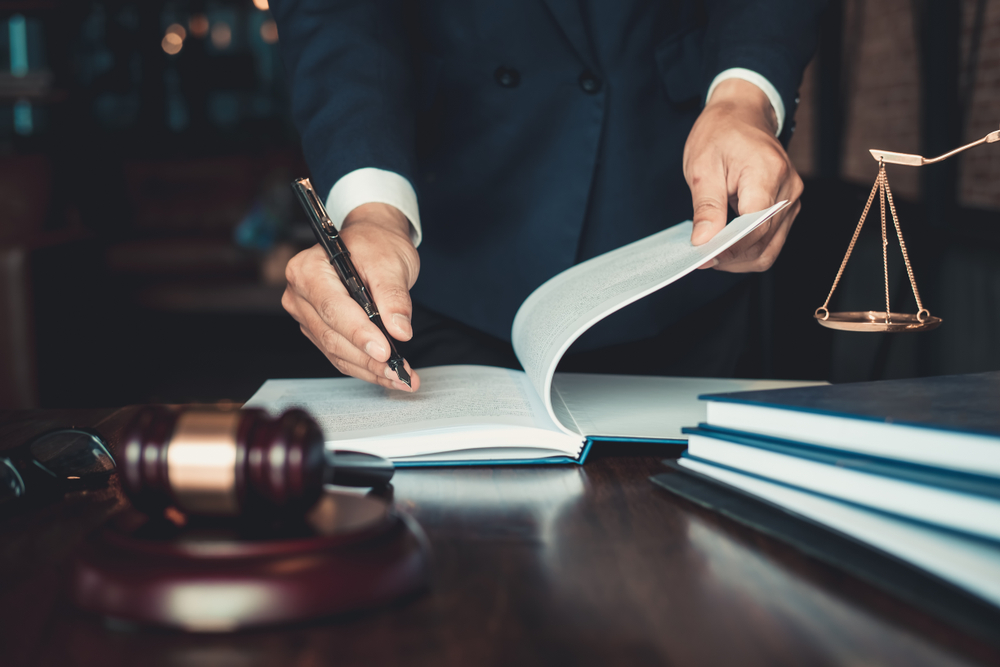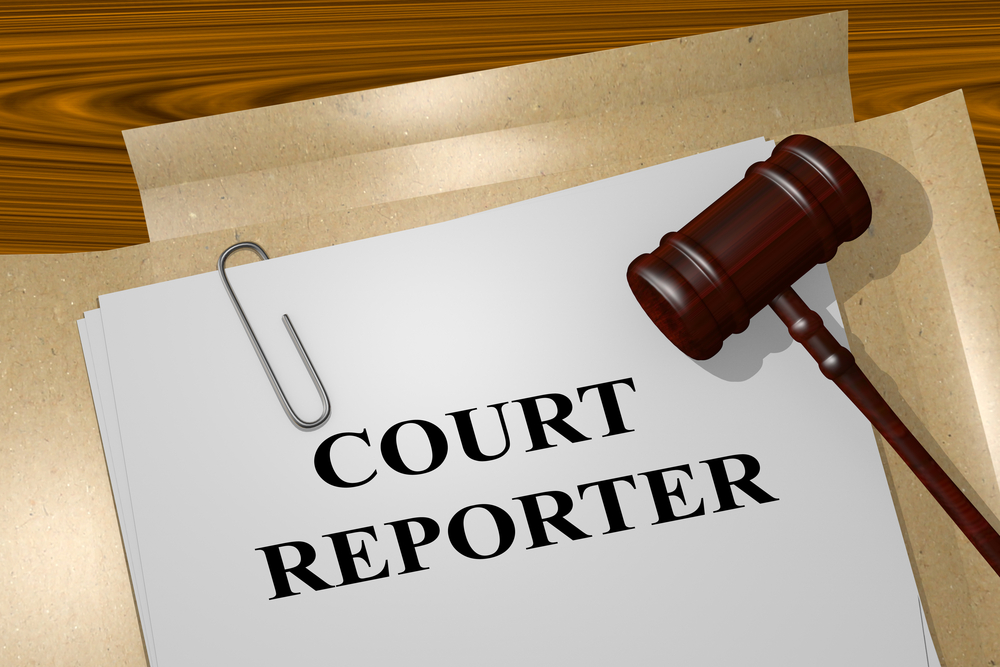5 Myths About Court Reporting Debunked
1. Myth: Court reporters only record verbatim in court.
Fact: Court reporters do much more than just record the verbatim proceedings in a court room. Their services also include proofreading, scoping, and transcription of depositions and other legal proceedings. They also provide specialized services such as real-time reporting, audio/video transcripts, foreign language translations, and summarization of lengthy documents.
2. Myth: The use of technology has made court reporting obsolete.
Fact: While technology has certainly changed the landscape of the industry, it is far from replacing the need for human beings to perform court reporting services. Digital audio recordings require knowledgeable professionals to transcribe them into accurate and organized transcripts that are admissible in court. Additionally, professionals are needed to ensure everything is recorded accurately and within legal guidelines—something machines cannot yet accomplish reliably without human intervention.
3. Myth: Court reporters require a lot of training to become certified.
Fact: Becoming a certified court reporter can be done relatively quickly with the right education program or certification process; many people are able to obtain their certification in less than two years by attending an accredited school or taking an exam. After being certified, continuing education is encouraged for both maintaining and expanding upon one’s knowledge base in order to be marketable and stay ahead of advancing technologies within the industry.
4. Myth: Proofreading services aren’t necessary if a transcript was created using automated software or dictation equipment.
Fact: Automated transcription software or dictation equipment may provide an initial draft of a transcript—but without professional proofreading services these drafts can easily contain errors that could have serious consequences if left uncorrected before being presented in court or used for any other official purpose. Professional proofreading services are essential for accuracy when preparing transcripts because they help ensure accuracy by catching errors that occurred during recording or transcription process as well as typing errors that may have been overlooked by automated software programs or machines used in dictation processes.
5. Myth: Scoping is only something needed after all other work on a transcript has been completed..
Fact: Scoping should not be thought of as an afterthought when preparing transcripts but rather an essential part of the whole process which helps ensure accuracy throughout all stages including proofreading and editing drafts prior to completion of final draft stage before submitting it for final review and approval by parties involved with case at hand or those overseeing its progress from start to finish . Proper scoping helps make sure no crucial details are left out as well as making sure nothing was added that needs removed due to relevance issues potentially impacting outcome if not caught early on for correction before too late into process for any hope successful resolution outcome desired by all parties involved with case at hand .




